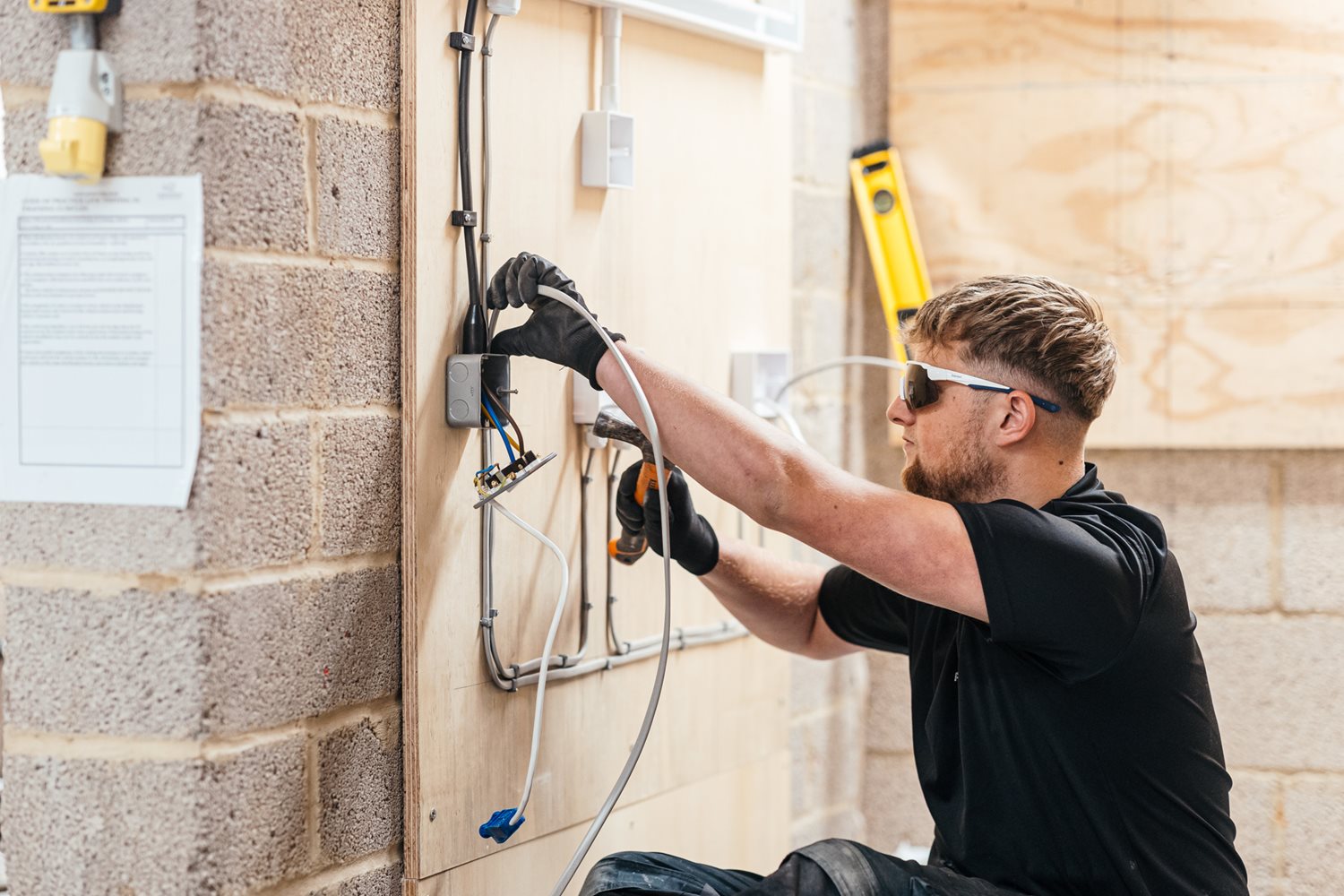Blog post from NICEIC and ELECSA Technical Director, John O'Neill on the release of the Heat and Buildings Strategy.
Blog
As seen in yesterday's news, details of the eagerly awaited Heat and Buildings Strategy are beginning to emerge.
Key to the announcement is the introduction of the Boiler Upgrade Scheme, which aims to help achieve the Government's target of ensuring all new heating systems are powered by low-carbon technologies by 2035.
Launching in April 2022, the three-year scheme will see households benefit from grants of £5,000 to incentivise the installation of low-carbon heating systems such as heat pumps. The £450 million Boiler Upgrade Scheme forms part of the broader £3.9 billion package assigned to dealing with the decarbonisation of heat in buildings.
Other related announcements include a further £800 million for the Social Housing Decarbonisation Fund and a further £950 million for the Home Upgrade Scheme both of which offer assistance to improve and decarbonise low-income homes.
While the Boiler Upgrade Scheme is by no means enough to get us to net zero, the funding will support the all-important early adopters, allowing time for economies of scale to play out and prices to fall.
Importantly today’s announcement will raise awareness of low-carbon technologies, a vital step to instilling much-needed consumer confidence. Contractors, too, should see this as an indication of the commitment to low-carbon technology adoption. Our industry has a pivotal role on this journey, and I urge all those operating in the building services industry to look at today’s announcement as further evidence of the need for transition.
There is, of course, plenty of work to be done with more detailed information to follow on the important role hydrogen will play as we move away from gas boilers. Still, what is clear is technologies such as heat pumps, will form a significant role in the evolving way we heat our buildings in the future—as such, incorporating these and other low carbon technologies into your business has to be considered.
Change is inevitable, and it is down to us to ensure it is delivered effectively and safely. To do this, upskilling and investing in future talent needs to become a priority."
Key to the announcement is the introduction of the Boiler Upgrade Scheme, which aims to help achieve the Government's target of ensuring all new heating systems are powered by low-carbon technologies by 2035.
Launching in April 2022, the three-year scheme will see households benefit from grants of £5,000 to incentivise the installation of low-carbon heating systems such as heat pumps. The £450 million Boiler Upgrade Scheme forms part of the broader £3.9 billion package assigned to dealing with the decarbonisation of heat in buildings.
Other related announcements include a further £800 million for the Social Housing Decarbonisation Fund and a further £950 million for the Home Upgrade Scheme both of which offer assistance to improve and decarbonise low-income homes.
So, what does today's news mean for contractors, and do the Government's actions match their ambition?
Today's announcement is a great starting point and provides a strong indication of the direction of the UK’s journey towards net zero.While the Boiler Upgrade Scheme is by no means enough to get us to net zero, the funding will support the all-important early adopters, allowing time for economies of scale to play out and prices to fall.
Importantly today’s announcement will raise awareness of low-carbon technologies, a vital step to instilling much-needed consumer confidence. Contractors, too, should see this as an indication of the commitment to low-carbon technology adoption. Our industry has a pivotal role on this journey, and I urge all those operating in the building services industry to look at today’s announcement as further evidence of the need for transition.
There is, of course, plenty of work to be done with more detailed information to follow on the important role hydrogen will play as we move away from gas boilers. Still, what is clear is technologies such as heat pumps, will form a significant role in the evolving way we heat our buildings in the future—as such, incorporating these and other low carbon technologies into your business has to be considered.
Change is inevitable, and it is down to us to ensure it is delivered effectively and safely. To do this, upskilling and investing in future talent needs to become a priority."







